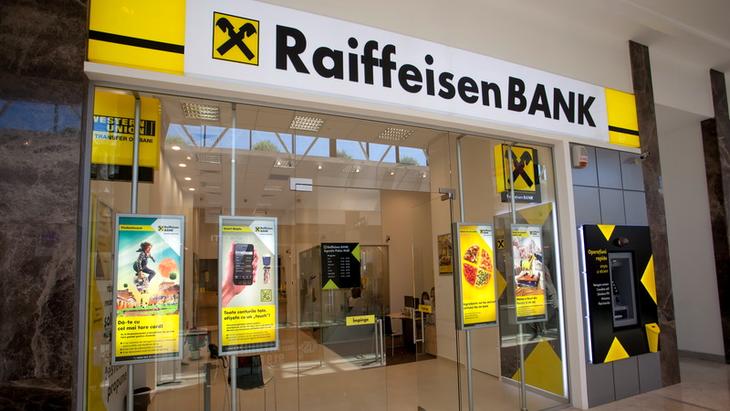Raiffeisen Bank is consolidating its role as a financier that facilitates the transition to a green economy and a sustainable community, by integrating the principles of sustainability into the entire activity of the bank. Thus, 14% of the loan portfolio for medium and large companies represent financing for sustainable projects and 40% of the mortgages granted were for energy efficient buildings, according to a statement. Moreover, Raiffeisen Bank was the first bank in Romania to issue green bonds, and the funds were used for green buildings, green transport and sustainable agriculture.
In January 2021, Raiffeisen Bank International became a signatory to the UN Principles for Responsible Banking, a unique framework for a sustainable banking industry.
In 2021, Raiffeisen Bank Romania reaffirmed its commitment to responsible and impactful banking for more than 2.2 million individual customers, almost 100,000 SME customers and over 6,000 corporate customers, constantly improving the offer of products and services towards a digital banking with human component.
“In our day-to-day business, we start with the idea that we want to offer ‘Banking as it should’, a commitment that requires long-term thinking and a good balance between profitable economic activity and care for the environment and the communities we are part of. So we have taken on the role of facilitator in the transition to a green economy and a sustainable community: we have focused on financing sustainable companies and projects and supporting community projects, especially those dedicated to the area of financial and entrepreneurship education. We have also improved internal processes to reduce our environmental impact and created new opportunities for the development of a diverse and inclusive work environment for our colleagues,” said Corina Vasile, Raiffeisen Bank Romania’s Director of Communication and Sustainability.
At the same time, sustainability and digitalization are key points for Raiffeisen Bank in the coming years, in order to achieve objectives set on the dimensions of ESG both at group level and in an international context.
“The European Union’s goal of achieving climate neutrality by 2050 emphasizes the need for massive investment and capital mobilization in sectors that can ensure a rapid and efficient transition to a sustainable economic model. Raiffeisen Bank has understood this need, so that part of the bank’s sustainability efforts have focused on providing sustainable lending and customer programs on a variety of topics related to integrating ESG principles into their business,” also said bank’s officials.

